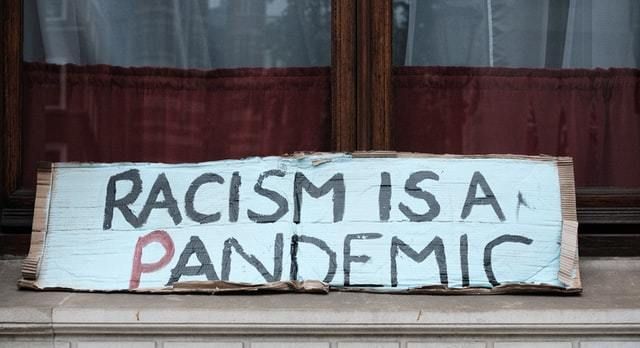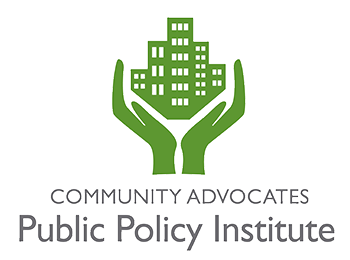
Growing up, I lived in a rural community, and had minimal exposure to other races and ethnicities other than my own. My only takeaway growing up was that everyone was the same, regardless of the color of their skin.
As I’ve grown, what I thought I knew about racism became so much more. I’ve come to learn that believing that there are no differences between skin color undermines the experiences that people of color have faced for centuries. It’s a disservice to say we’re all the same underneath our skin, and doesn’t even scratch the surface of how white men have formed our society to favor white skin.
Having conversations about race isn’t an easy thing to do. Oftentimes, these conversations are met with hostility and tension. Taking the Conversations on Race course through the YWCA gave my classmates and me the opportunity to have these difficult conversations, without fear of judgment or backlash. This course created a safe environment that was conducive to unraveling our biases and taking true steps toward having empathy for what it means to be a person of color.
This course also helped me realize the only way to begin to dismantle racism is by white people driving an anti-racist movement. There were definitely some wholesome moments I felt in the class as I watched people learn more about themselves and how they can become more inclusive individuals. It was also encouraging to see how other people are combatting racism in their own lives through work, friendships, and so on.
The message I left with is that there are opportunities in your everyday life to make a difference. Even if it’s as simple as setting an example as to how to confront a coworker on their bias. Taking this course was a beneficial experience that I would encourage to all, and I plan to use the lessons I learned in whichever way I can.
Resource to learn more:
This video, Socialization: Crash Course Sociology #14, lays out the meaning of socialization and how the people around us shape our view of the world, thus emphasizing the importance of intentionally surrounding ourselves with those who are different than us.
Photo by Ehimetalor Akhere Unuabona on Unsplash





